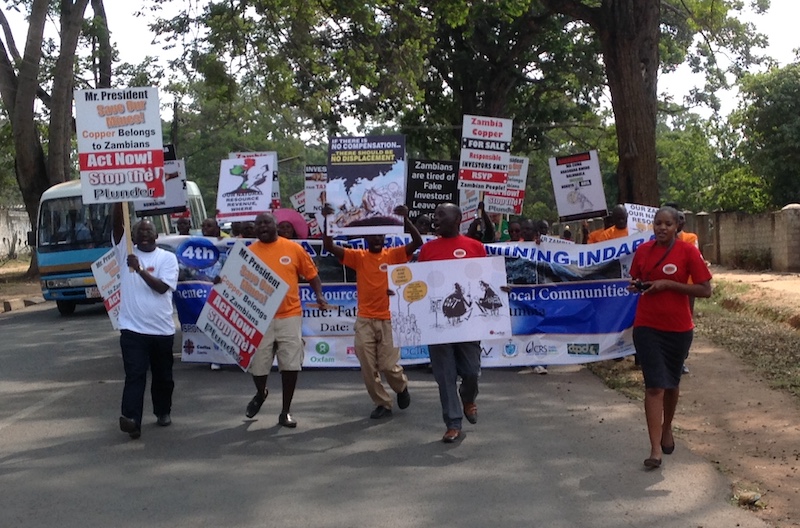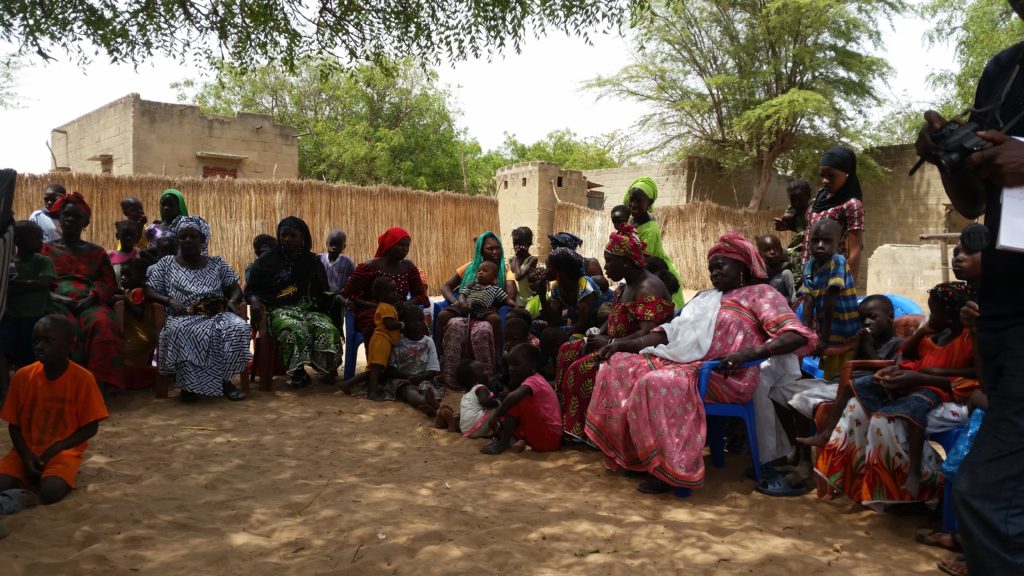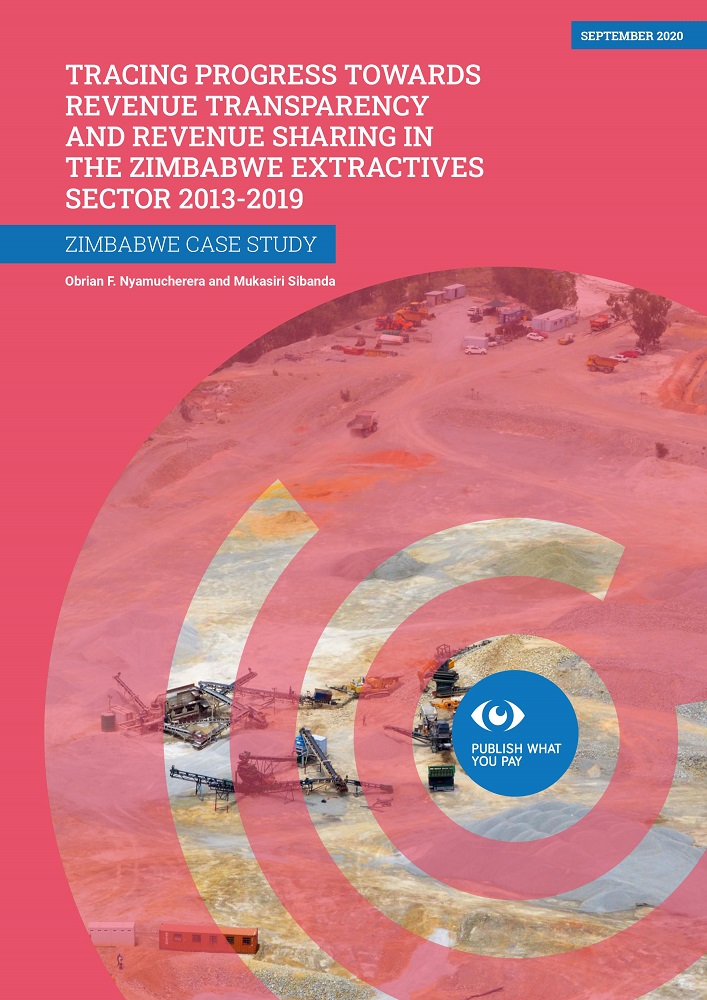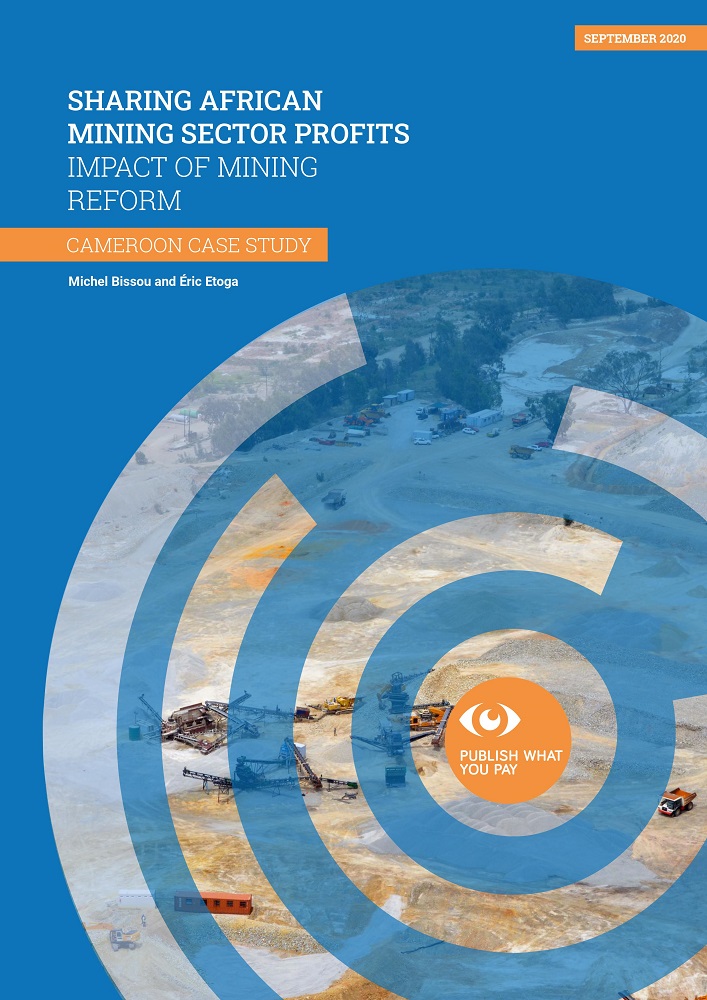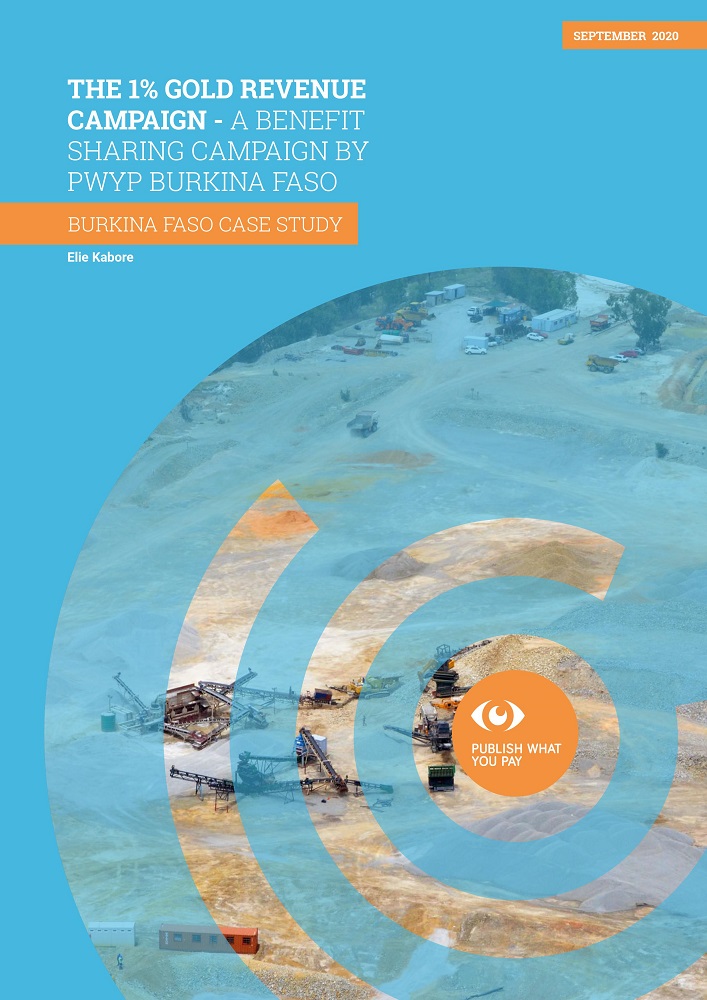News and resources
Explore our publications on a wide range of topics, to find the powerful facts, stories and approaches that underpin our work to make the extractive industry more open, accountable and participatory.
Active filters
Citizens’ groups use revenue disclosures to advocate for local service funding
Story of Change Fees charged to mining companies for land use are a significant source of income for local authorities in Zambia. The Zambian Publish What You Pay (PWYP) coalition discovered that a legal loophole had been enabling some mining companies to avoid paying land-use fees. These lost revenues affect the authorities’ ability to provide […]
Fair Share? Shining a light on the extractive industries fiscal regimes in Mozambique, Tanzania and Uganda
Taxation is seen as one of the most sustainable sources of revenue for governments, with the potential to contribute to investments in basic services and to enhance the social contract between citizens and their government. Our new synthesis research report explores the fiscal regimes in Mozambique, Tanzania and Uganda and how they can be improved […]
Financing the Military in Myanmar: Analysis of Gas Revenues
Since seizing power in February 2021, the Myanmar military has faced widespread allegations of human rights violations. Companies operating in Myanmar must make challenging decisions about how to responsibly navigate the crisis. International oil companies, including energy majors Total and Chevron, are under particular scrutiny as the military regime continues to sustain itself with revenues […]
“What’s in It for Us?” An action-research case study of Nigeria’s extractive industries
AN ACTION-RESEARCH CASE STUDY OF NIGERIA’S EXTRACTIVE INDUSTRIES Nigeria’s 65 years of oil and gas production have made it Africa’s largest producer. With almost 40 billion barrels of proven oil reserves, its economy is heavily dependent on hydrocarbon exports. Operating extractive companies including subsidiaries of Chevron, CNOOC (China), Eni, Equinor, ExxonMobil, Royal Dutch Shell Plc […]
Billions in company payments failing to improve lives in Niger Delta, new study shows
The hundreds of millions of dollars multinational energy companies pay every year towards development in the Niger Delta are having negligible impact on people’s lives or environmental protection, a new study co-authored by civil society organisations Policy Alert (Nigeria), Publish What You Pay (PWYP) UK, has found. The report, “What’s in It for Us?” […]
Putting women at the centre of extractive sector governance
With support from the William and Flora Hewlett Foundation and the Finnish Ministry of Foreign Affairs, PWYP coalitions are continuing their work to help bring decisions by women, that benefit women, to extractive sector governance As the global coronavirus crisis continues to cause devastating upheaval, an interesting trend has been observed: that of better outcomes […]
Benefit sharing: Zimbabwe case study
Tracing progress towards revenue transparency and revenue sharing in the Zimbabwe extractives sector 2013-2019 The advocacy campaign by Publish What You Pay (PWYP) Zimbabwe aiming to influence mining revenue transparency and benefit sharing in the extractives sector in Zimbabwe is the focus of this case study. PWYP Zimbabwe was created in 2011, coincidentally this same year the Government of […]
Benefit sharing: Cameroon case study
Sharing African mining sector profits impact of mining reform The purpose of this case study is to share the work carried out by the PWYP coalition in Cameroon, as well as its member organisations, on the issue of profit sharing in the mining sector over the last decade. For each of the actions taken, a reminder […]
Benefit sharing: Burkina Faso case study
The 1% gold revenue campaign – a benefit sharing campaign by PWYP Burkina Faso The Publish What You Pay (PWYP) coalition has undertaken studies of its members’ advocacy campaigns at the national level to improve the redistribution of revenue from the mining sector. It is primarily an exercise in reflection and self-evaluation. Burkina Faso is […]
Beyond revenue transparency
PWYP members call for better reporting under EU law of the impact of extractive companies on people and the planet Large oil, gas and mining companies listed on stock exchanges in the European Union are required by law to disclose information about their environmental and social policies and practices, how they ensure respect for human […]
Making extractive sector governance work for development
PWYP has launched a three-year project to strengthen oversight of the extractive sector by civil society and communities in Iraq, Kenya and Lebanon In resource-rich countries, extractive sector revenues can change people’s lives. Spent well, they can fund huge improvements to infrastructure and services such as health care and education. But unless they are carefully […]
Tax and Transparency – How the Global Reporting Initiative Tax Disclosure Standard compares with global extractives transparency standards
The Global Reporting Initiative (GRI) develops and supports implementation of global best practice through voluntary reporting by businesses and other organisations on their economic, environmental and social impacts though its Sustainability Reporting Standards. By doing this, it helps companies and others better assess, and address, their socio-environmental impact and promotes sustainable business practices. In December […]







